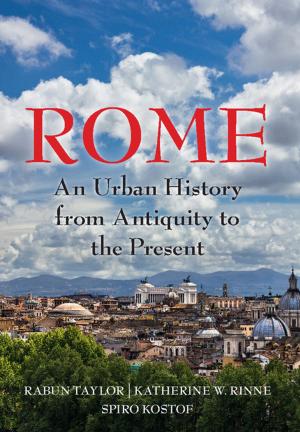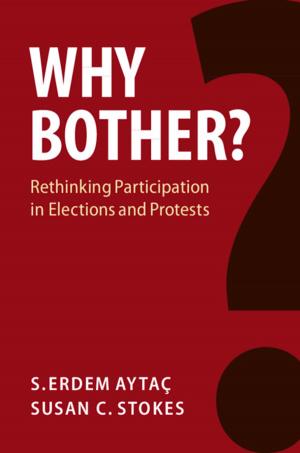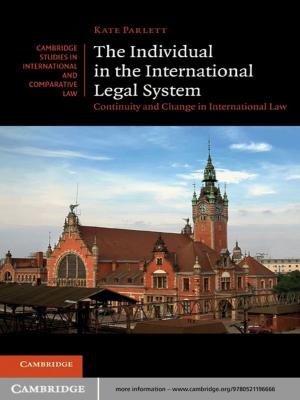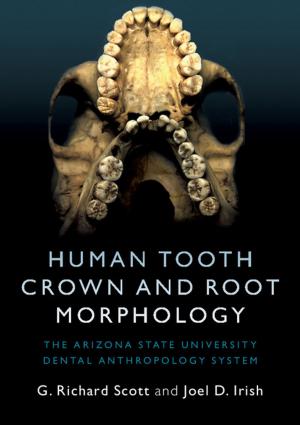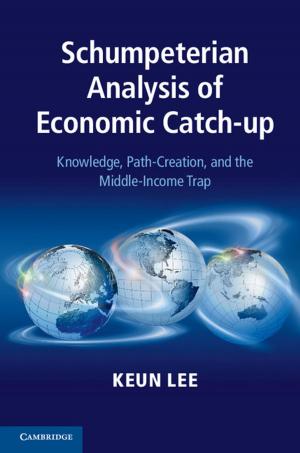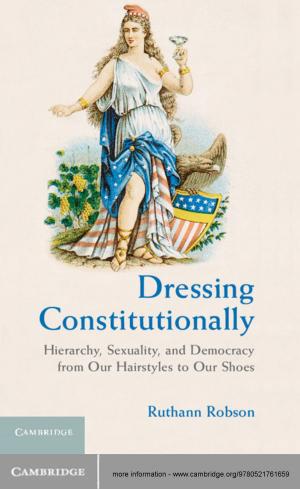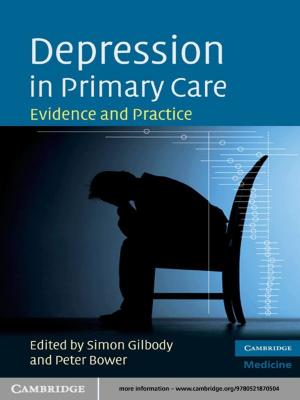London Lives
Poverty, Crime and the Making of a Modern City, 1690–1800
Nonfiction, History, Renaissance, British| Author: | Tim Hitchcock, Robert Shoemaker | ISBN: | 9781316234136 |
| Publisher: | Cambridge University Press | Publication: | December 3, 2015 |
| Imprint: | Cambridge University Press | Language: | English |
| Author: | Tim Hitchcock, Robert Shoemaker |
| ISBN: | 9781316234136 |
| Publisher: | Cambridge University Press |
| Publication: | December 3, 2015 |
| Imprint: | Cambridge University Press |
| Language: | English |
London Lives is a fascinating new study which exposes, for the first time, the lesser-known experiences of eighteenth-century thieves, paupers, prostitutes and highwaymen. It charts the experiences of hundreds of thousands of Londoners who found themselves submerged in poverty or prosecuted for crime, and surveys their responses to illustrate the extent to which plebeian Londoners influenced the pace and direction of social policy. Calling upon a new body of evidence, the book illuminates the lives of prison escapees, expert manipulators of the poor relief system, celebrity highwaymen, lone mothers and vagrants, revealing how they each played the system to the best of their ability in order to survive in their various circumstances of misfortune. In their acts of desperation, the authors argue that the poor and criminal exercised a profound and effective form of agency that changed the system itself, and shaped the evolution of the modern state.
London Lives is a fascinating new study which exposes, for the first time, the lesser-known experiences of eighteenth-century thieves, paupers, prostitutes and highwaymen. It charts the experiences of hundreds of thousands of Londoners who found themselves submerged in poverty or prosecuted for crime, and surveys their responses to illustrate the extent to which plebeian Londoners influenced the pace and direction of social policy. Calling upon a new body of evidence, the book illuminates the lives of prison escapees, expert manipulators of the poor relief system, celebrity highwaymen, lone mothers and vagrants, revealing how they each played the system to the best of their ability in order to survive in their various circumstances of misfortune. In their acts of desperation, the authors argue that the poor and criminal exercised a profound and effective form of agency that changed the system itself, and shaped the evolution of the modern state.



